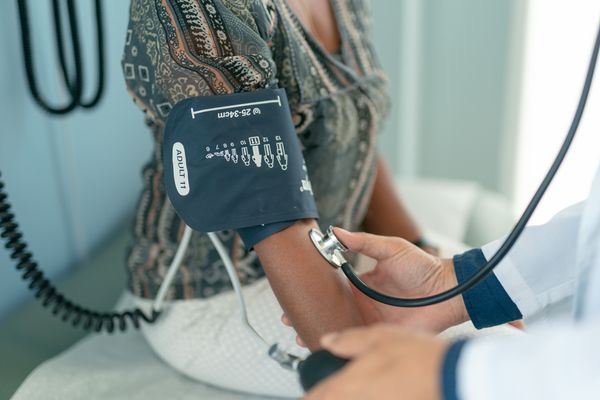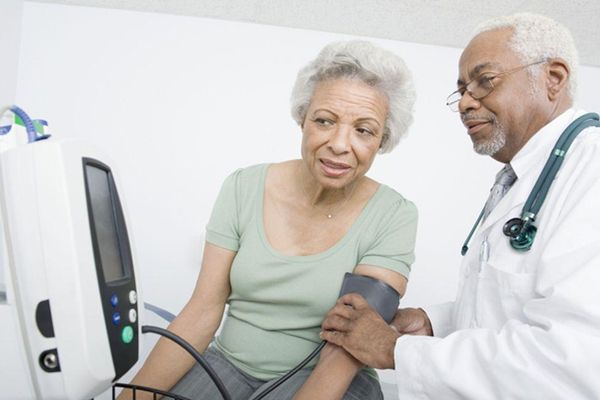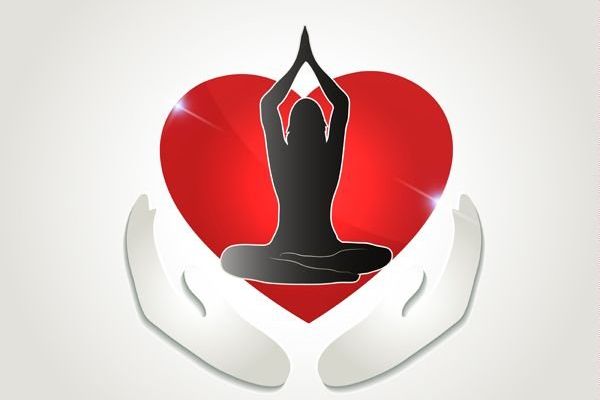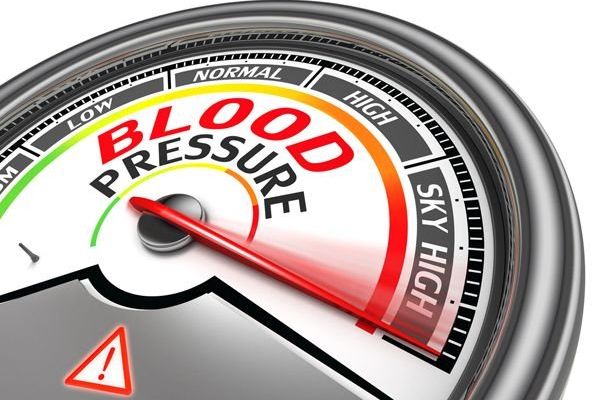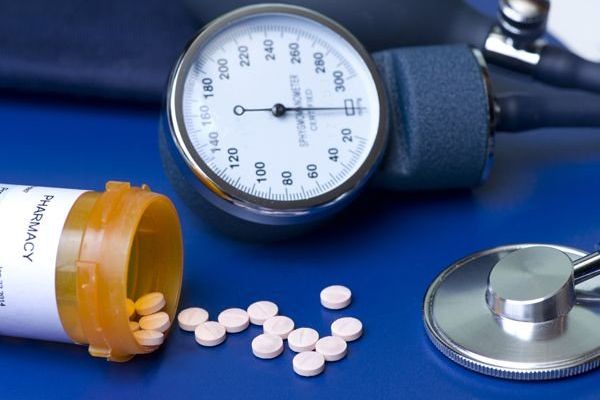Not to scare you, but high blood pressure can lead to serious or fatal outcomes like stroke or heart attack. Chances are, though, you won't have a clue you have the condition unless you get your blood pressured checked regularly. High blood pressure is known as a silent killer because it rarely shows any major symptoms.
When you have high blood pressure, your arteries are less relaxed, causing increased pressure to the heard. Over time, that pressure can damage the vessel walls and allow plaque buildup to form. That blocks arteries and deprives your body of necessary blood and oxygen.
The only way to know if you have high blood pressure is to have your blood pressure tested. Understanding your blood pressure numbers is key to controlling high blood pressure. A normal blood pressure reading is when the upper number is less than 120 and the lower number is less than 80, according to the American Heart Association.
For some reason, health care providers often think of high blood pressure—or hypertension—as a "man's problem." More men have hypertension than women when they're younger, but once women reach menopause, their risk becomes greater than men's. Overall, about half of Americans with high blood pressure are women—and they're less likely to be diagnosed and treated for it.
That's why you need to tell your health care provider if you have any of the symptoms below. High blood pressure symptoms need treatment as early as possible. Find out how to Enlist a Pharmacist to Help Manage High Blood Pressure.
Some symptoms may indicate a serious medical problem. If you have any of these symptoms, don't ignore them.
It's rising slowly
If your blood pressure reading goes up 8 to 10 points each decade between the ages of 35 to 64 years old, that's enough to be prehypertensive or hypertensive. Read more about high blood pressure.
It's only high at that doctor's office
You shouldn't ignore the fact that you may have elevated blood pressure readings in the doctor's office but not other places like a health fair, on a home monitor or a drugstore blood pressure machine. This "white-coat hypertension," as it's known, shouldn't be disregarded. A study found that people with this sign of raised blood pressure under stress showed early signs of stiff arteries and an overworked heart that could lead to higher blood pressure later on.
You have severe headaches
This headache isn't the kind that you pop some over-the-counter meds and it goes away. If you're getting severe headaches with no prior history of migraines, high blood pressure may be to blame. Extremely high blood pressure, known as malignant hypertension, puts pressure in the cranium (the part of the skull that encloses the brain). As blood pressure rises, pain builds in the cranium. That causes severe headaches.
You have blurred vision or a sudden change in vision
Sometimes this condition can be found during a routine eye exam. High blood pressure can cause parts of your brain to swell. That can cause blurred vision since that part of the brain is connected to the eyes.
You have brain fog
It can be hard to process your thoughts at the end of a day or as you age. This mental slowdown may be a sign of high blood pressure.
You have breathlessness
A pressure increase on the heart chambers causes the chamber walls to thicken. When the chambers thicken, there is less space for the blood to travel. That can lead to clustering of the blood in the lungs, causing breathlessness.
You're fatigued
When the heart chambers thicken, less blood will be pumped out. In turn, blood doesn't circulate properly. That can make you tired and sleepy.
You have pounding in your ears or chest
If you have the sensations of pulsing or pounding in your chest or ears when you haven't just exercised vigorously, you may have elevated blood pressure levels.
You're nauseous
As your blood pressure rises, your heart pumps out less blood, so, you have less blood going to your organs. That puts more pressure on your heart and brings less blood to your limbs and brain. That lack of oxygenated blood to the brain can make you feel nauseous.


